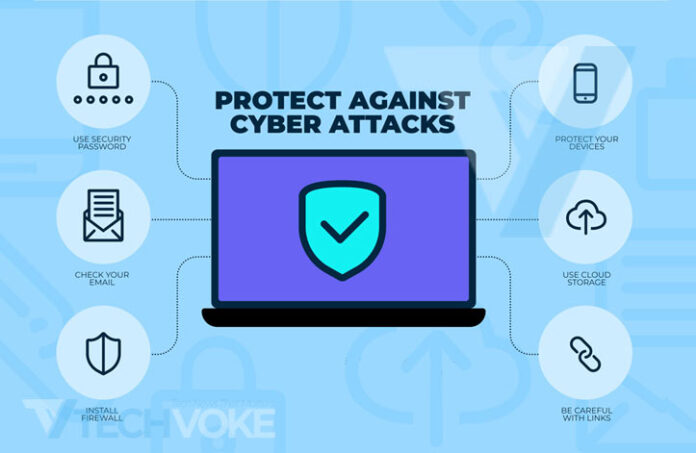As a consumer, you might be interested in online purchases with the rising trend of home delivery, offers on plastic cards, discounts, and cash backs. Research has shown that the number of online shoppers is steadily increasing, and cybersecurity is important for anyone who wants to shop online, no matter what the reason. Purchases are made online in order to save time, but this can also create a lot of added risk.
Cyber Security Risks
Let’s understand cyber risks from third party vendors and how to avoid risks and what to do if you encounter one.
Understanding the Risk of Shopping Online
Many people are aware of the risks of shopping online, but they don’t always understand the risks of shopping from third-party vendors. It is important to understand the risks before shopping online from third-party vendors, otherwise, you might find yourself and your data in the wrong hands. The following are the different types of risks associated with third-party vendors:
- Phishing scam: This is when someone tricks you into giving up personal information, such as your credit card number, bank account number, and password.
- Hacking: This is when someone gets into your computer and steals your personal information.
- Malware: This is when someone gets into your computer and installs malicious software on it.
- Botnet: This is when someone gets into your computer and uses it to send spam, hack other people, or do a DDOS attack.
- DMCA takedown notice: This is when someone sends a DMCA takedown notice to a website. The takedown notice claims that the website is violating copyright law and demands that the website take down the content.
- Spam: This is when someone sends you a spam email or text message to promote their services.
The Risks of Third Party Vendors
Third party vendors are a huge risk for your business. They may be the cause of your cyber security problems because they may not be following the same security practices as your company. This can be a huge issue for your business. For example, if you are in the business of selling pharmaceuticals, you want to make sure that the third party vendor you are using is following the same security practices as your company. In other words, you want to make sure that the third-party vendor is following the same guidelines. There are many factors to consider when using a third party vendor, so it is important to do your homework. Make sure that you have a contract in place with the third-party vendor. This will ensure that they are following the same security practices.
What to do if you encounter a risk.
If you encounter a risk from a third-party vendor, you should contact the vendor to figure out what is going on. If the vendor is not helpful, you should contact the company’s head office. If the company is not helpful, you should contact the company’s insurance company. If the company’s insurance company is not helpful, you should contact law enforcement.
Conclusion
In order to avoid cyber security risks, it is important to be aware of the third-party vendors that you work with. You should always be wary of any company that you do not know or trust. Furthermore, it would be best to only work with vendors who are reputable and have a good reputation. This will help to avoid any cybersecurity risks. It is also important to have regular conversations with your third-party vendors. This will allow you to have a better understanding of the risks of working with them. You should also use a VPN when you are online, which will help to protect your privacy and your information from third-party vendors.


